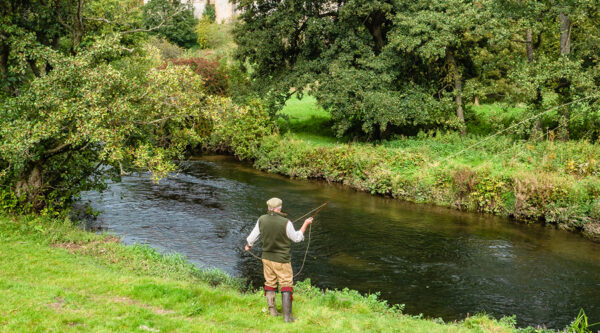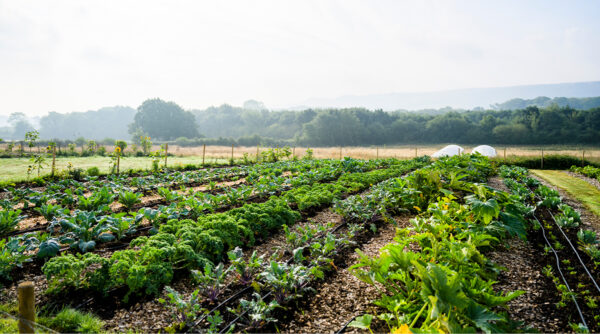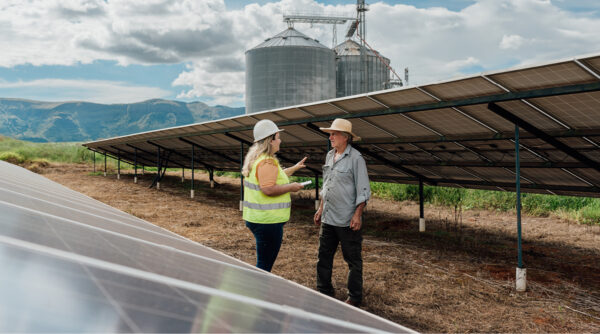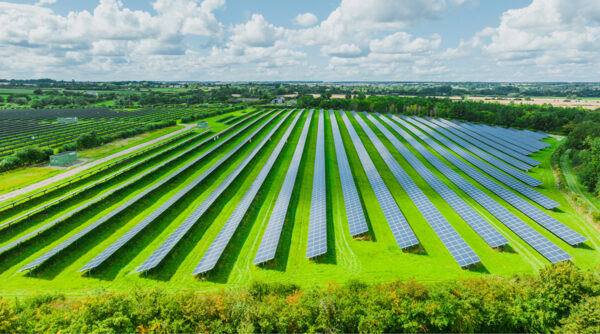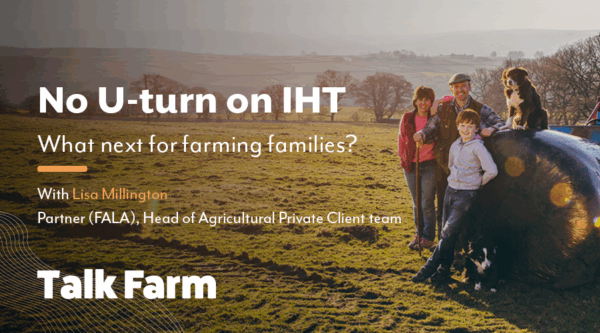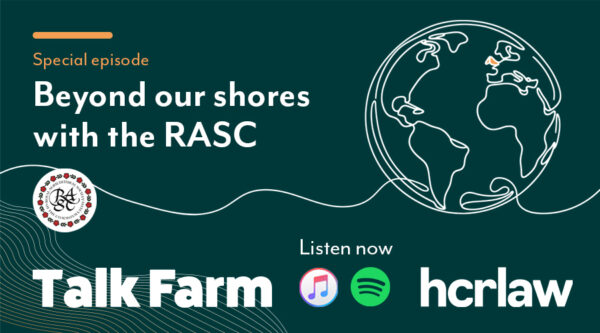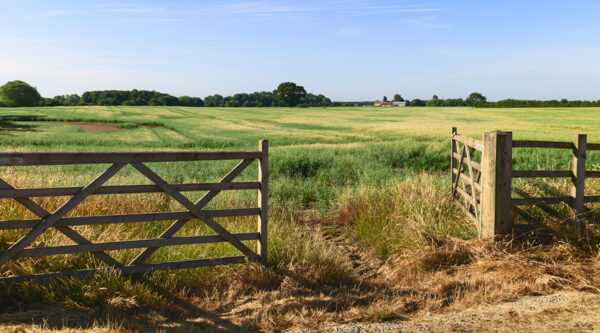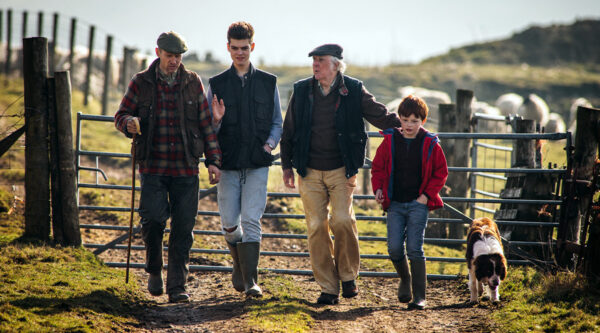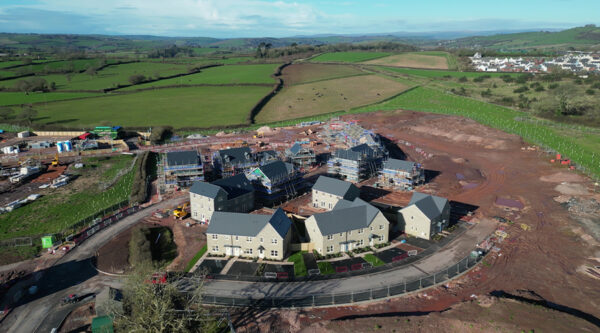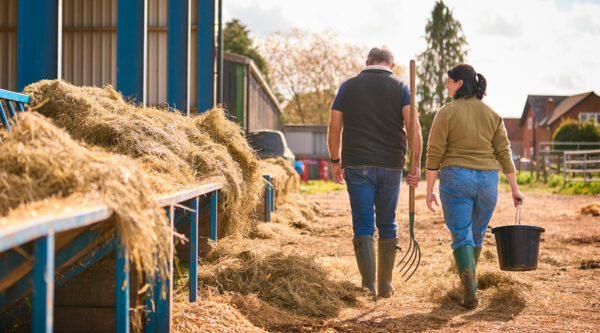
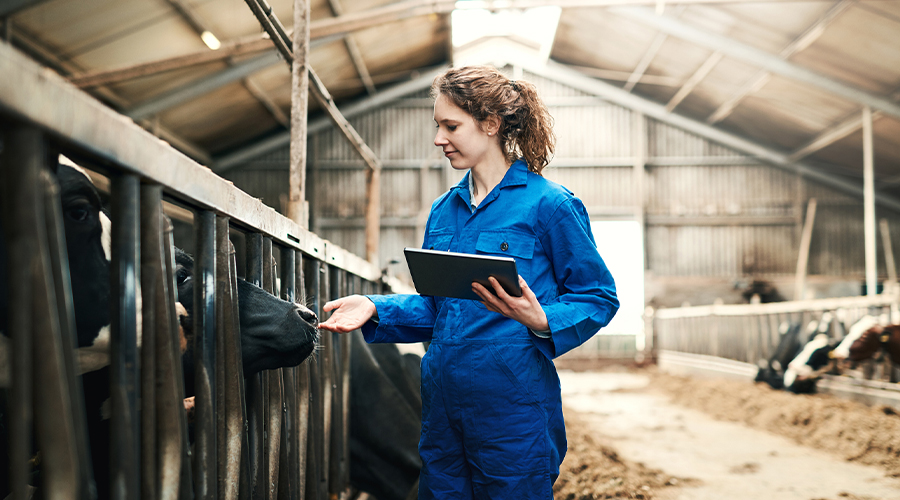
Lawyers love a case study. I was trained on stories of fictional estates with tenancy problems, warring siblings and developers knocking at the door. However, since Brexit’s agricultural transition from land-based subsidy schemes to environmental-based payments based on ‘public money for public good’, we’ve not been too sure what the future law will look like for UK landowners. We’ve seen lots of policy statements and not a lot of substance.
So, for a modern day “worked example” – it has once again fallen to Jeremy Clarkson to show Joe Public the dilemma farmers are facing today as subsidy support has been scaled back and the fight to produce food sustainably and profitably intensifies.
He’s shown us lots of options – and challenges – around diversification. With season three, he’s very clearly shown that 1000 acres of the Cotswolds can be 500 of “farmed farm” and 500 of “unfarmed farm” and that both can be used to make money. Ever on-point, he throws down the challenge to his young farm manager of farming “the traditional way” vs “the new way”. It is comedy gold but also hugely topical.
On a serious note, for those of us advising farmers and landowners recently, we’ve really been lacking detail from the legislators as to what these changes mean for our clients, and for the law we must work within.
We have had the same definition of “agriculture” since 1995, and that has barely changed since the previous incarnations of 1986 and 1947. We could foresee that these definitions, with their roots in post-war drive for food production, were not going to sit comfortably alongside re-wilding, biodiversity projects and long term nature recovery schemes. Question marks around the long-term impact of embracing these new initiatives have been deterring people from taking the leap.
After a lot of lobbying and consultation, the Chancellor at least delivered the answer on inheritance tax in the spring budget – with, you guessed it, more details to follow. The principle then was that Agricultural Property Relief will be extended, if certain conditions are met, to cover land managed for environmental purposes in management agreements with the government, public bodies and the like – which we assumed meant Environmental Land Management schemes (“ELMs”).
It was still “answers on a postcard” in terms of the tax treatment of commercial income derived from nature – such as carbon and biodiversity net gain credits.
However we are now in a pre election period and so are looking to the new government to see whether this will be taken forward as is or what the policy on both these schemes and their tax treatment will be.
For those on tenanted farms, it is also worth considering the tenancy terms before going green in a big way. Unless the election manifestos suggest changes to tenancy legislation, tenancies are likely to require the use to be wholly “agricultural” in the traditional sense; and for the holding to be farmed as a business so with profit as the driver. We expect to see more cooperation between landlords and tenants in terms of implementing ELMs within tenancies, but it will be a delicate balance to strike.
I am not sure we are likely to see Jeremy Clarkson’s Diddly Squat Farm cropping up in any law exams just yet, but I would give the show top marks for showing the public what it means to be a farmer in 2024.
